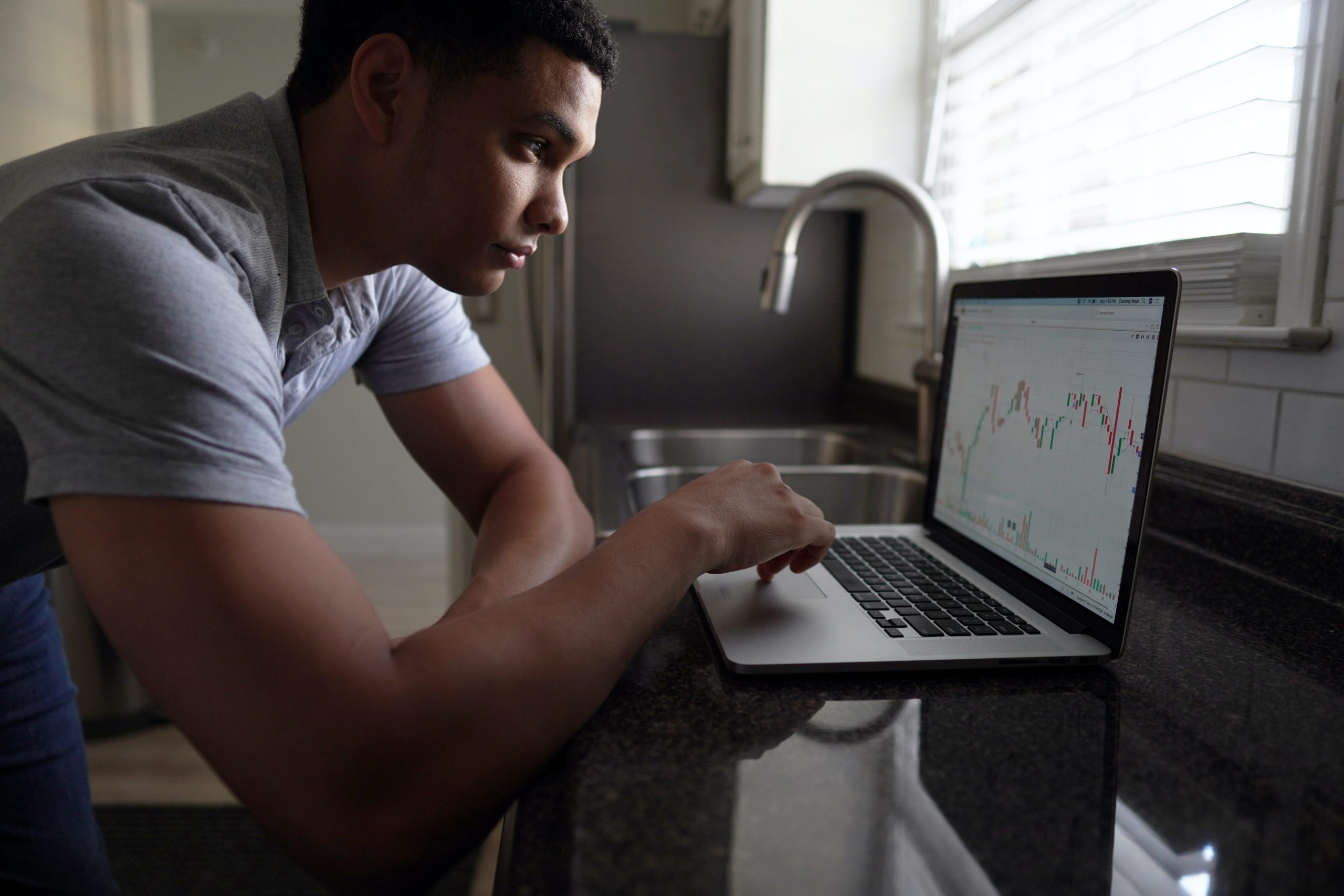In this fast-moving era, most beginners are not fascinated by the long-term investing concept as it needs lots of patience.
Day trading is the greatest option for them because it makes it simple to get larger profits quickly.
However, it is more challenging than it seems. It will prove beneficial for you only after having a solid foundation of trading expertise.
In this day trading guide, you will find all the necessary information and learn everything about how to get started with day trading and how does day trading works.
What is Day Trading?
Day trading, also known as intraday trading, can be explained as a strategy or a way of trading in which financial products are traded within a single day. Products such as crypto, stocks, futures, or options are bought and sold within a day.
The holding period in day trading depends on price fluctuations. It may lie in somewhere between a few seconds to multiple hours and cannot be extended beyond one trading day.
Day trading is mainly targeted by short-term investors who aim for high returns and do not believe in investing and monitoring the market for the long term.
The main advantage of day trading is that it protects you from the risk of unexpected market changes. That can happen overnight when you are not actively monitoring the market.
How Day Trading Works?
Day trading involves the intense buying and selling of securities on the same day to profit from rapid price movements. Day traders often borrow money or use leverage daily to buy more assets.
Day traders look for volatility in the market. There is no possibility without short-term price volatility. One trader can make or lose more money depending on how volatile the stock is.
A day trade usually consists of two transactions: long selling and short selling.
In long selling an investor who goes long, buys first and then sells. Short selling involves borrowing a security and trading it on the open market so the trader can repurchase it later at a lower price.
A day trader must quickly capitalize on market volatility and price spikes. An experienced day trader usually knows where to exit a position before opening it.
Things To Analyze About Day Trading Before Getting Started
Day trading, by the name and concept, seems elementary. Still, it requires much experience, the same as long-term investing.
You can join training programs and can use high-performing NinjaTrader indicators to learn about investing and the market. One should know and analyze the following before beginning day trading:
- Your Trading Personality – whether you’re a short or long-term investor, as day trading involves high risk.
- Your Strategy – until a strategy starts bringing consistent profits and limiting losses, you must constantly tweak it.
- Your Market Knowledge – be up-to-date with the market’s pulse to stay ahead of the curve.
- Your Technical Analysis – to spot market trends and identify profitable trading opportunities, you must understand technical analysis.
What Do You Need Before You Start Day Trading?
A trading account and money to invest are the basic needs, but despite these, the most important thing you need to start day trading is the right knowledge. It will be the most risky market to try without correct information and skill.
You must join an excellent training program such as “The Intentional Trader”. Experienced guidance in learning trading and its analysis will help you understand the market properly and create successful custom strategies.
Here are the things you’ll need before starting day trading:
- Solid understanding of day trading terms and technical analysis.
- A tried-and-true technique that has proven to be beneficial
- Day trading tools (including stock scanner, simulator, and online broker platform)
How To Get Started with Day Trading?
Likewise for every type of trading, you can start day trading by opening a trading account. However, jumping right in and placing irrational buy and sell orders isn’t the best way to start. This approach may take months or years to succeed, so you must get the right education first.
Following the below steps will help you in getting started with day trading and execution:
- Create a brokerage account and deposit funds there.
- Have a trading strategy in writing that you can examine each morning.
- In the morning, create your watchlist.
- Plan a course of action and follow it.
- Review your deals.
How Much Money Do You Need for Day Trading?
Many day trading beginners believe they need to have a certain amount of money to start trading in the stock market. However, there is no prescribed minimum amount required for day trading.
The inclusion of principal limits in contract transactions may depend on the brokers. It’s always better to discuss this with your broker before taking their services.
Become A Successful Trader: 5 Tips on Day Trading for Beginners
Below are the five tips that will help you to become a successful day trader and limit your losses in the beginning phase:
- Day trading requires time, work, patience, and discipline, so treat it like your business.
- Build a solid trading strategy that includes a risk-management approach and trades with entry and exit points.
- Learn which trades are worth the risk and which are not to protect your funds.
- Use stop-loss orders at all times. By doing this, you will ensure that every deal has some way out if things don’t work out.
- Set trade and daily risk limits consistently.
Is Technical Analysis Important for Day Trading?
Daily traders rely extensively on technical analysis along with order flow analysis and news sources. Traders should remember that technical analysis is only a tool of interpretation. It is impossible to predict the future using charts.
Nonetheless, technical analysis helps in making wise choices. Visualization helps you to be aware of your position in the market at all times. And, of course, it’s important.
Is Fundamental Analysis Important for Day Trading?
Due to the short holding period, high-frequency trading and fundamental analysis are complementary.
One should consider the important dates well in advance and trade immediately after the market reaction. For example, this may include important economic statistics or profit reports.
What Are the Risks Involved?
Risk management is the most important skill to acquire in day trading. There are two types of risks you should be aware of:
Trade Risk
The amount of risk you are ready to take on each trade is represented by trade risk. Keep in mind that trading risk is proportional to the size of your position in the market.
Daily Risk
Daily risk refers to a single trading day, while trade risk refers to a single deal. When you reach the daily limit, it is generally recommended to stop trading.
Start Trading with Full Training From The Intentional Trader
As you have seen in our beginners’ guide to day trading, you must have good knowledge and effective tools to become a successful day trader.
Intentional Trader is the best NinjaTrader indicator developer, providing high-performance indicators, an extensive training program, and a live trading room (and much more).

